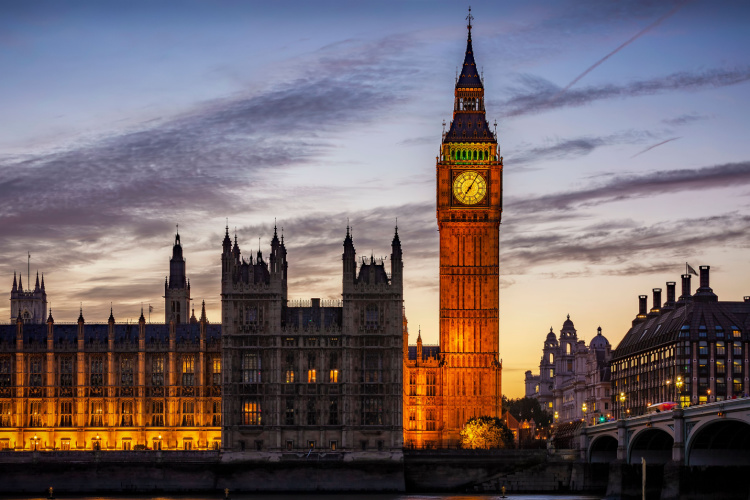Article Posted: 7th November 2012
The inflation figures issued last month are the ones that matter.
Traditionally, the inflation rate for September has set the level of increase for tax bands, tax allowances and social security benefits to take effect from the following April. While the September date remains unaltered, the coalition Government has made several changes to the measures of inflation used or, in some instances, just suspended inflation proofing. Indeed, there is still a possibility that when the Chancellor gives his Autumn Statement on 5 December he will announce sub-inflation or nil increases for some benefits.
However, assuming that inflation-linking is left to run its course and no other revisions emerge, there are some things we are already sure of.
- A single person’s basic state pension will rise by 2.5% to £110.15 from April 2013. The 2.5% is not actually an inflation number, but stems from the ‘triple lock’ introduced by the coalition agreement. This says that pensions must rise by the greater of Consumer Prices Index (CPI) inflation, earnings inflation and 2.5%. With CPI inflation running at 2.2% in September and earnings growing most recently at 1.7%, the flat 2.5% wins.
- Other state pension benefits, such as the additional state pension (SERPS and S2P) will rise in line with the CPI.
- Most other state benefits will rise in line with CPI. However, Child Benefit will be frozen for a third year and in 2013/14 the full impact of the new child benefit tax will be felt (it starts on 7 January 2013).
- The income tax personal allowance will not be index-linked for 2013/14, but instead will rise to £9,205. At the same time the basic rate band will shrink to £32,245, as announced in the March Budget. Next tax year, age-related allowances will be frozen as part of the controversial move to phase them out. The ISA limit will rise to £11,640 and the capital gains tax annual exemption to £10,900, both in line with the CPI plus specific rounding adjustments.
A year ago the Chancellor had the misfortune to hit the peak of inflation (5.2% for the CPI) for benefit increases. On this occasion he may have hit the low point. From October, a new round of utility price increases will kick in, as will the impact of the jump in student tuition fees to £9,000. Inflation is therefore likely to be higher by the end of 2012.
The Chancellor cannot afford to ignore inflation in his financial planning, and nor can you. It may appear to be just small percentages each year, but the cumulative impact is insidious. For example, over the last ten years the buying power of £1 has fallen to 72.7p, while even the last five years have seen it shrink to 85.2p.





